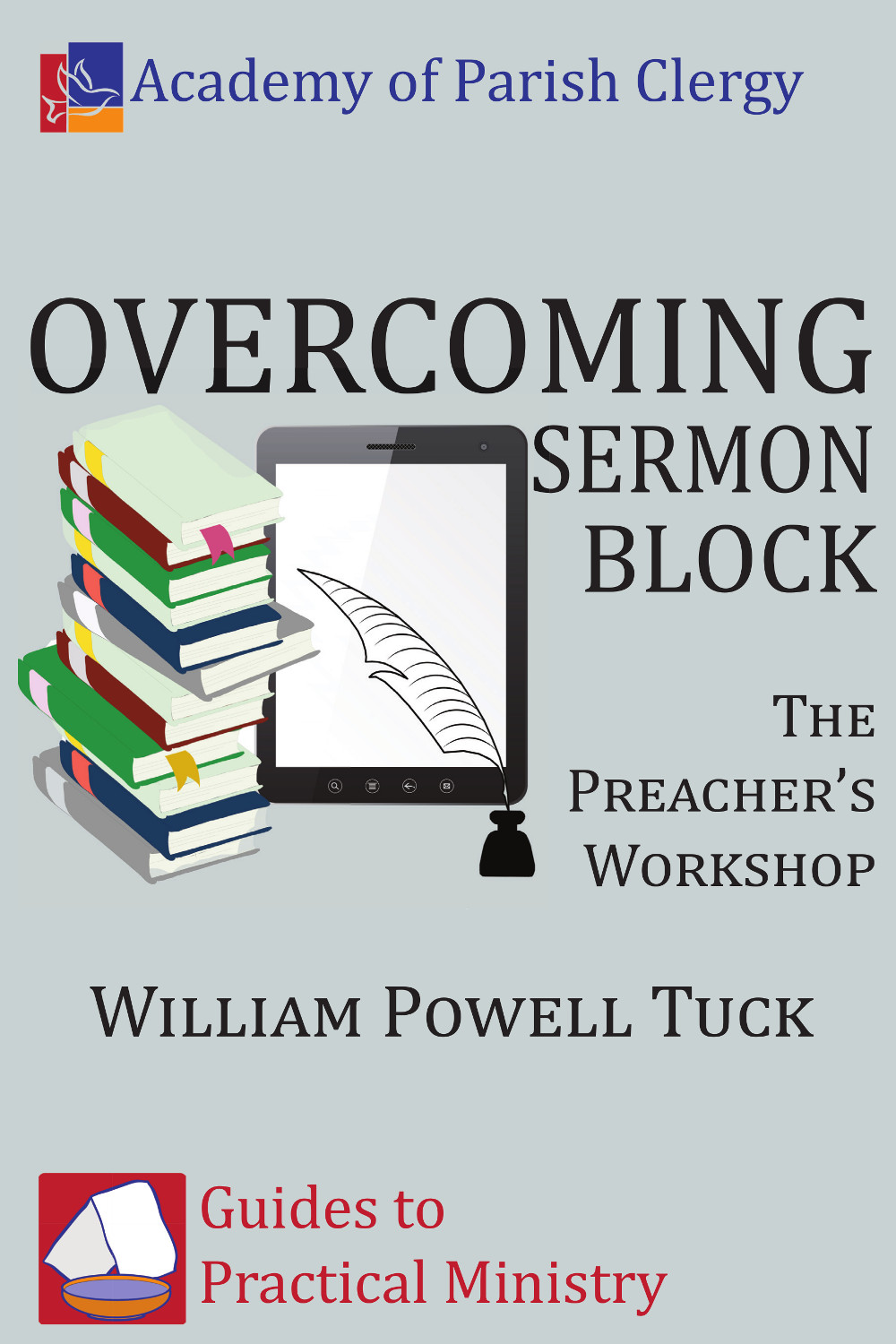Are Sermons of Value?
I have very frequently spoken disparagingly of sermons. I prefer more interactive activities in smaller groups as a way of learning and passing on information. It’s commonly said that a pastor is lucky if, on a Sunday, any congregants remember the topic of the previous week’s sermon, much less what was said about it.
On the other hand I remember stunning Dr. James Londis, who was pastor of the Sligo Seventh-day Adventist Church when I was an 18-year-old college student and a member. His first sermon there had to do with applying the Laodicean message to his new congregants. Accurately, I might add. I mentioned this memory to him about 40 years after he had preached that sermon. For some reason he was surprised!
Nonetheless, I publish one book on how to preach (Overcoming Sermon Block), and a number of sermon collections (So Much Older Then … [Bob LaRochelle], The Character of Our Discontent [Allan R. Bevere], A Positive Word for Christian Lamenting, The Forgotten Beatitude, and Holidays, Holy Days, and Special Days. Most of these books are by Dr. William Powell Tuck, who has a few others as well. One of my criteria for publishing a sermon collection is that it is useful for reading as an essay collection as well.
Bill Tuck, when I interviewed him on the topic, said very simply that a major reason that sermons are looked down on is that so many of them are so bad. They are often poorly prepared, poorly presented, lack evidence of thought and reflection, lack depth, and so forth. I’m going to put the video of my interview with him at the end of this post.
A problem behind the problems is the lack of time spent in preparation. There is, of course, preparation of the sermon. But there is also preparation of the person. Bill Tuck says this in Overcoming Sermon Block:
One of the most important disciplines a minister has to maintain is his spiritual or devotional life. If we are too busy for our own personal devotion, we are simply too busy. We have to keep our priorities right. Our personal spiritual nurture is absolutely essential. To fail here is not a minor shortcoming but neglect in a critical point of our own relationship to God. How can we guide others to worship and serve Christ if we neglect our own spiritual development? Our spiritual development affects our preaching as well. As we “labor” at our spiritual nurture, the amazing thing is that we are not only fed spiritually, but often sermon ideas arise out of our own devotional study and reflection. That is not our main purpose but it happens nevertheless. (p. 18)
That contains some excellent advice for everyone. I am only rarely called to preach, but I find that when I am called to share, my devotional life is most critical. Sunday School teachers take note.
Here’s the interview:


